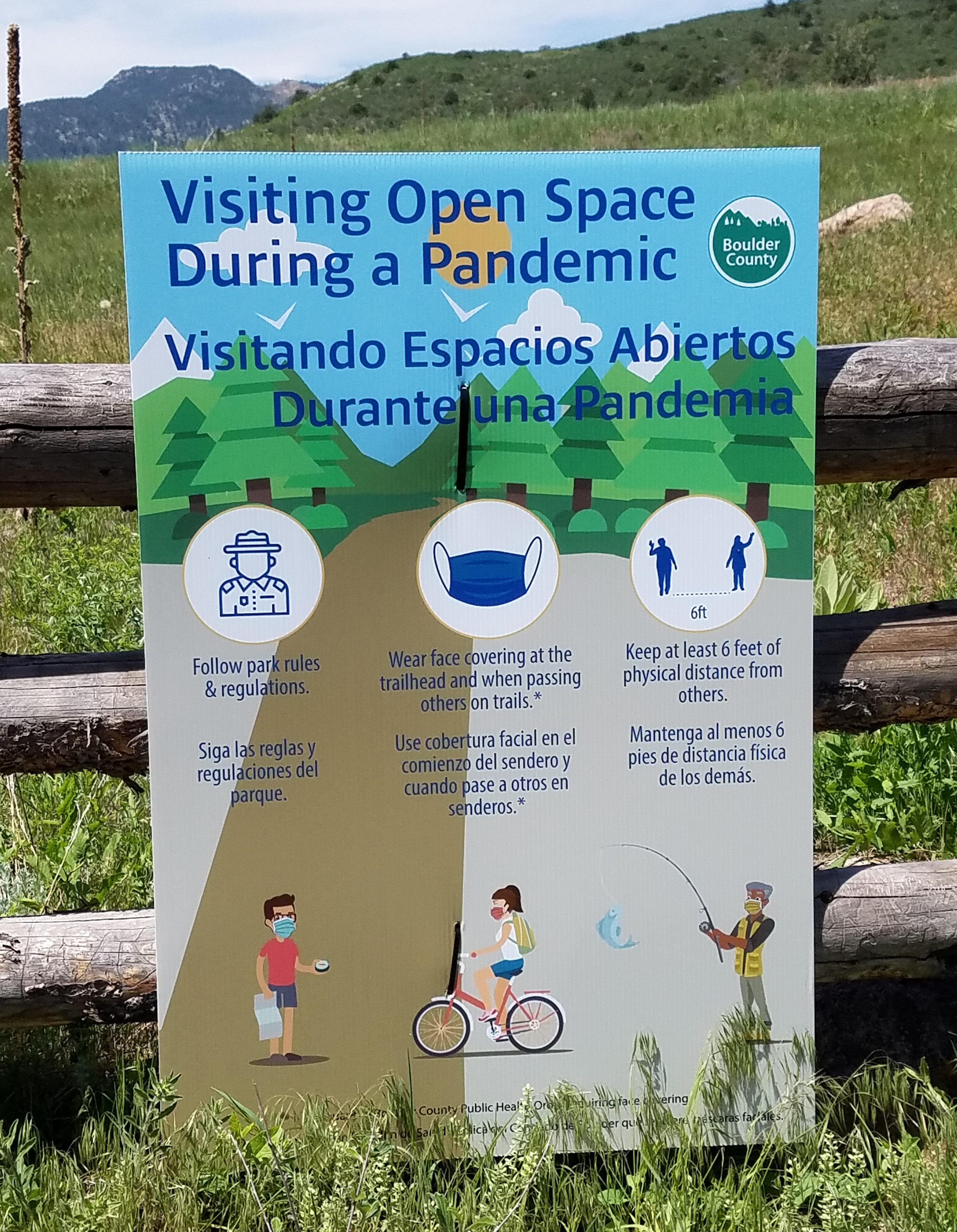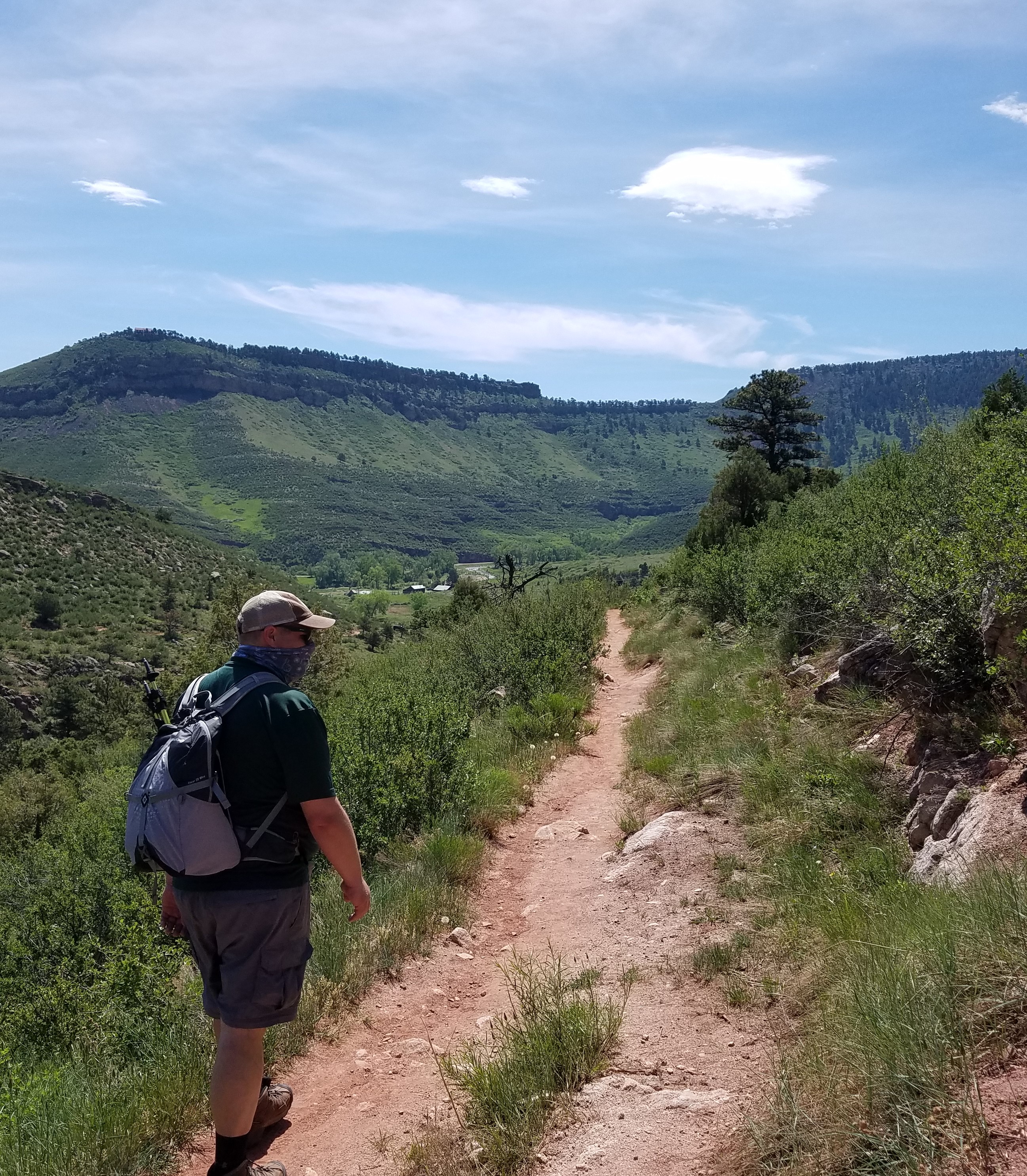
Story
Sold Out! Outdoor Rec in a Disaster Year
When public health concerns precluded many forms of leisure, Americans eager for escape envisioned the woods and waters as safe places—or safe enough—to find solace and adventure. They emptied shelves of tents, bikes, and more as they made the best of a difficult situation. Still, there was no escaping the constraints of modern times.
Editor’s Note: How will 2020 go down in history? In the Hindsight 20/20 project from The Colorado Magazine, twenty of today's most insightful historians and thought leaders imagine themselves in 2120, looking back on 2020 and sharing their visions of how that year will stand the test of time.
While the effect of the 2020 pandemic on outdoor recreation loomed large in that moment, it was not the turning point that some outdoor enthusiasts and industry commentators had hoped. Yes, the stay-at-home orders that marked hiking, biking, and other individual outdoor activities as safe made escaping to the mountains an attractive choice. Yes, outdoor companies sold out of bikes, tents, and other equipment in the early months of the pandemic. And yes, the threat of ski hill shutdowns led resorts to revamp how they operated during ski season, from parking to amenities.

An Open Space sign in Boulder County advised park goers of the rules for hitting the trails while keeping Covid-safe.
But buying outdoor equipment and clothing proved not to be a salve. No amount of acquisition could hide that in states like Colorado, where complaints about overcrowding stretched back decades and local parks did not have the infrastructure like parking or wide trails to support the demand. Perhaps more damningly, outdoor recreationists did not become their better selves in pursuit of nature. Instead, they squeezed their cars and trucks onto road shoulders in defiance of signage that indicated they should not, and headed up to already packed trailheads just when public health officials were explaining how the easy airborne transmission of a deadly disease demanded that people physically distance themselves.
Buying a tent promised escape for individuals. But Americans got consistent reminders that they were not just individuals, they were members of a community, and that there could be no escape from the troubles of the modern world. Coloradans often stayed home, new tents safely ensconced in garages, not just because of Covid-19 but because the air was unhealthy for weeks at a time due to record-breaking wildfires. By summer’s end, Coloradans checked daily statistics—coronavirus transmission rates, ICU fill rates, air-quality ratings—to guide their behavior. Equipment purchases that supported close-to-home recreation, when they were possible, slowed because goods had to be produced, shipped, and stocked. All along those products’ journey to the consumer were the threads that linked a day in the woods to a worldwide economic system. There was no going into nature alone.

The Covid-19 pandemic inspired even more people to leave the confines of their homes to enjoy some exercise in the Colorado sunshine.
Still, 2020 did not fundamentally shift the landscape of outdoor recreation. Given historical parallels, this should not be surprising. For instance, during the oil crisis of the 1970s, when gas lines stretched down the street across the United States, Americans bought and rode bicycles in record numbers. But as lines shortened and driving felt more convenient and affordable again, those bicycle riders did not turn their cities into bastions of sustainable transportation. Instead, they put their bikes in garages and bought bigger and bigger cars.
Fifty years after the oil crisis, Americans continued to turn toward time outdoors—and time shopping for time outdoors—as a balm. The historic year of 2020 underscored the same contradictions of recreation in a modern world that Americans have long encountered and too often ignored: The state of Colorado burned, but commentators suggested that outdoor recreation would keep driving the local economy. Despite the short-term demand for bicycles, tents, and gear, there was no sustainable future in buying more.
More from the Hindsight 20/20 project in The Colorado Magazine
A Plateful of Pandemic Today in 2120, of course, having a meal is as easy as imagining what we want and grabbing it from the replicator. But in the old days, it wasn’t so easy. And 2020 is when everything changed.
COWvid-19: A Look Back at the Meat of 2020 It was a year of reckonings both big and small. In 2020, Covid-19 disrupted supply chains around the world as consumers adapted to the new realities of life in a pandemic. Sometimes, it took something as simple as an all-American entree to help us see how truly connected we all were.
Burning Truth: The Beginning of the End for Colorado's Forests In 2020, three Colorado wildfires consumed a combined total of more than half a million acres—dwarfing what had previously been the state’s most destructive fire seasons. It should have been an alarm heard throughout the West, even worldwide. The lessons were right there to be learned. And yet . . .
